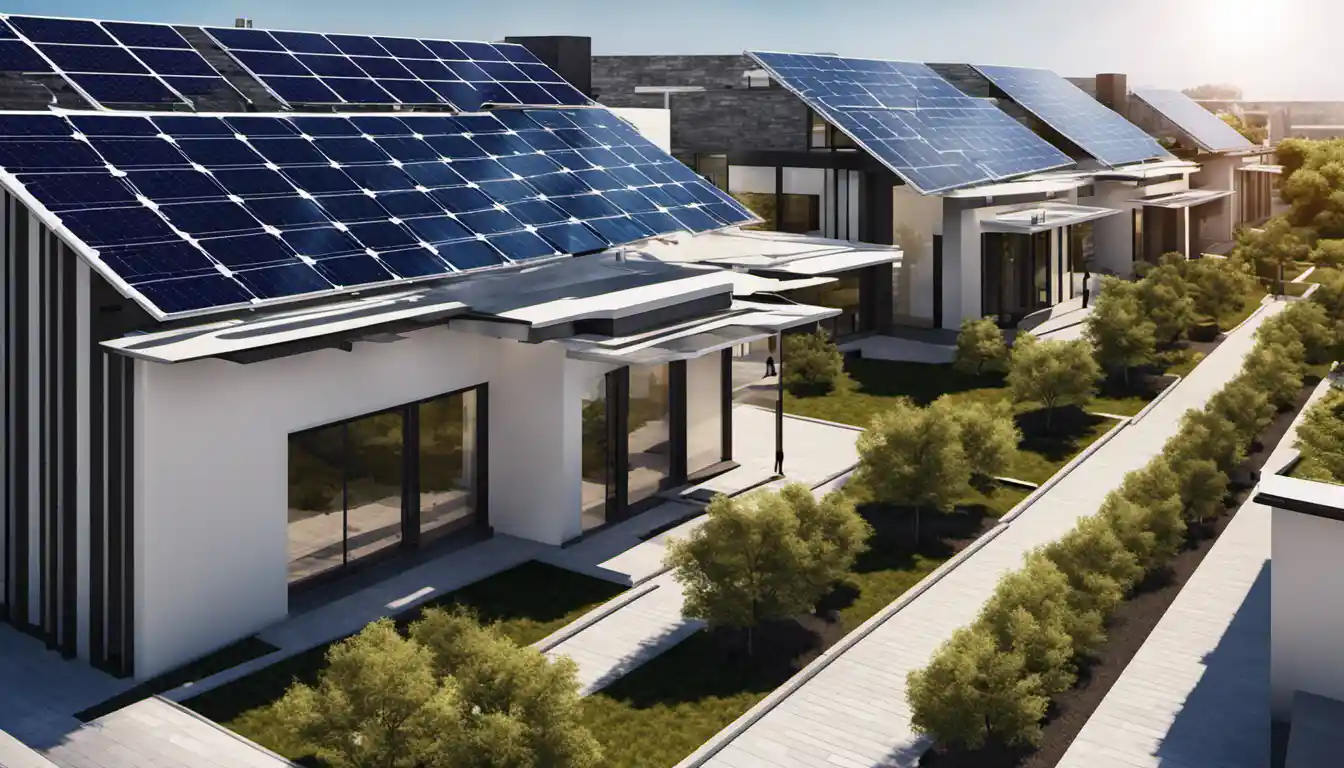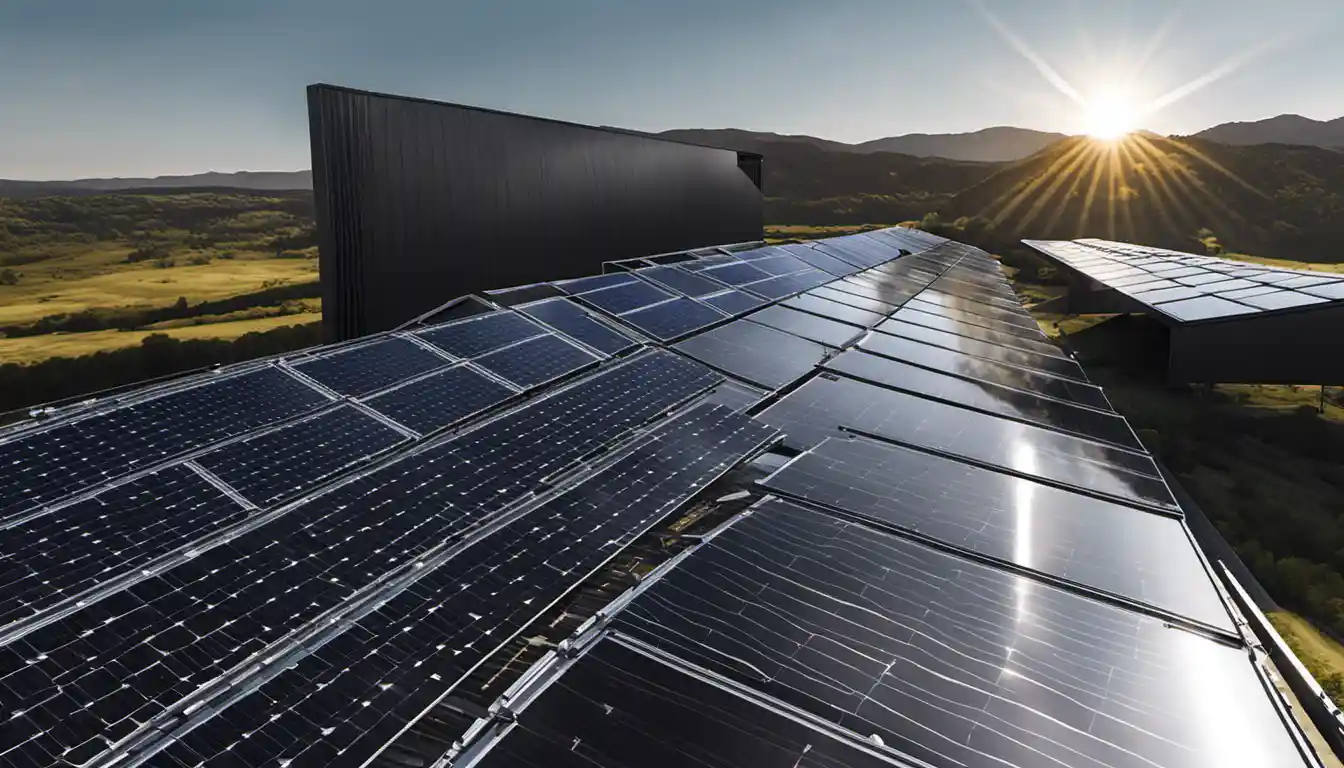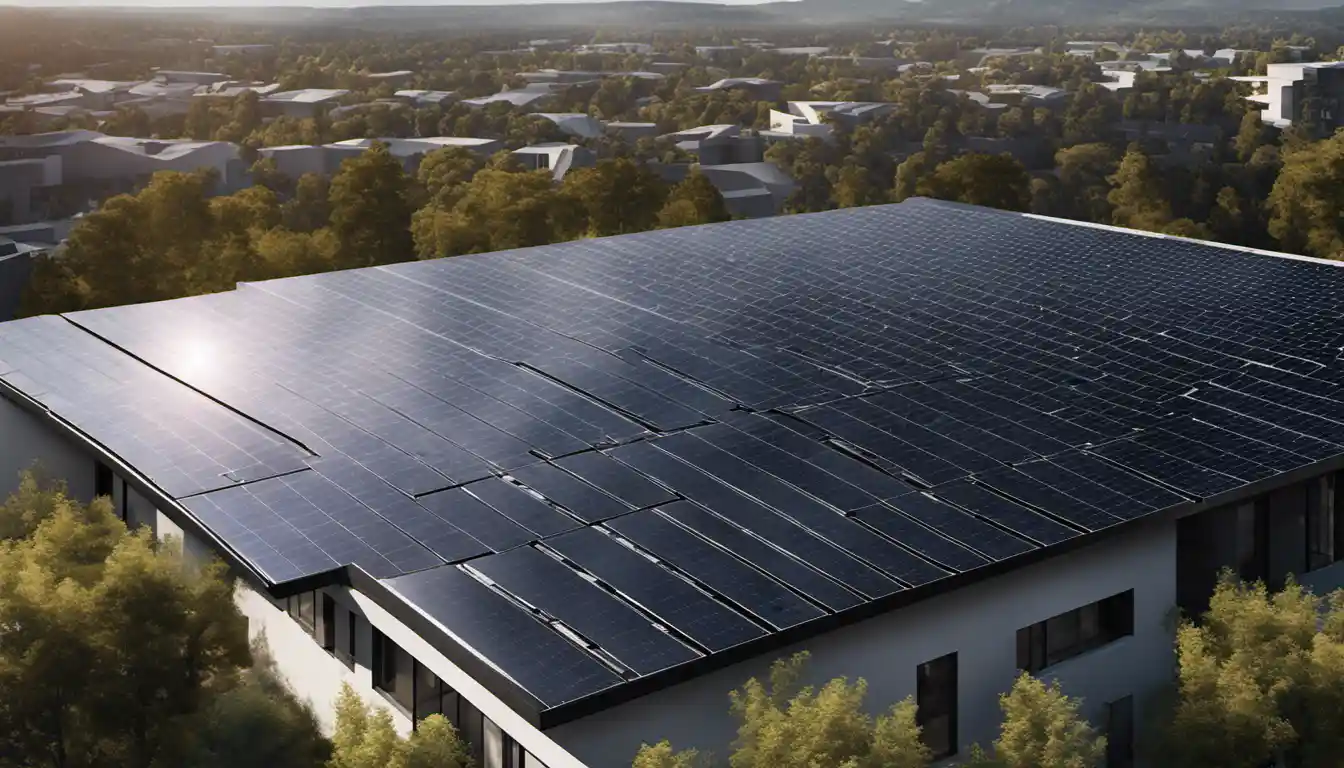Introduction
An on-grid solar system is directly connected to the state electricity grid and does not include a battery for power storage, it can’t provide power during a blackout or at night. On the other hand, a hybrid solar system combines an on-grid system with a battery solution, allowing energy storage for use during a power outage, at night, or during peak demand times.
Brief Overview of Solar Systems
Solar energy systems are a rapidly evolving technology with exciting potential for our future. However, when it comes to deciding what kind of solar system you need, it can get a little tricky. It’s crucial to know the difference between on-grid and hybrid solar systems, as choosing the right one can significantly impact your energy cost savings and sustainability goals.
To guide your decision, let’s dive into what on-grid and hybrid solar systems have to offer. But before we dive deep, I encourage you to take a brief detour to our page on types of solar systems to ground your understanding.
Importance of Understanding Different Solar Systems
Understanding the difference between on-grid and hybrid solar systems goes beyond simply making an informed purchase. It’s about gearing up for a future powered by renewable energy sources. More importantly, it’s about identifying which system fits into your lifestyle, budget, and goals for energy independence.
Understanding the On-Grid Solar System
Operation of On-Grid Solar System
An on-grid solar system, as the name suggests, is directly connected to your power provider’s electricity grid. When the solar panels produce more electricity than you need, the excess is fed back into the grid, and you can earn credits or even cash. However, when your solar panels do not produce enough electricity (say, during nighttime or cloudy days), you draw power from the grid.
Pros of On-Grid Solar System
On-grid systems are great for those who primarily want to reduce their reliance on traditional power sources and decrease their monthly electricity bills. They’re also usually less expensive to set up because they don’t require a battery storage system.
Cons of On-Grid Solar System

Unfortunately, the key downside to an on-grid system is that when there’s a power outage, your system goes down too. Safety features prevent your system from providing power during outages to protect utility workers fixing the grid.
Unveiling the Hybrid Solar System
Functioning of Hybrid Solar System
Unlike on-grid systems, hybrid solar systems blend the best of both worlds by combining on-grid systems with battery storage. They store excess solar energy in a battery for use later, providing power even during an outage, at night, or during high demand times.
Advantages of Hybrid Solar System
Hybrid systems offer greater energy independence and resilience against power outages. Additionally, using stored power during peak usage times reduces demand on the grid and can save you significant amounts of money if your utility uses time-of-use electricity rates.
Disadvantages of Hybrid Solar System
The primary downside of a hybrid system is its higher upfront cost, due mainly to the addition of battery storage. However, in most cases, the added functionality and long-term savings make it worth the investment.
Contrast Between On-Grid and Hybrid Solar Systems
Comparing Working Principles

In the “hybrid vs on grid solar systems” debate, the principal difference lies in how they handle excessive power. While an on-grid system simply returns excess power to the grid, a hybrid system stores it for later use.
Difference in Installation and Maintenance Costs
On-grid solar systems are typically cheaper to install and maintain as they don’t involve battery storage systems. Hybrid systems, however, may cost more initially but could save you more in the long run by reducing reliance on the grid.
Contrast in Suitability and Applications
On-grid solar systems might be suitable for relatively consistent energy usage patterns and areas with fewer power outages. In contrast, hybrid systems are ideal for locations prone to power outages, or for those who want a buffer against utility rate hikes.
Comparison in Energy Storage and Supply in Power Outages
When it comes to power outages, on-grid systems must shut down, leaving you in the dark. However, a hybrid solar system with stored energy can keep your lights on even when the grid goes down.
Conclusion
Making the Right Choice
When comparing the difference between on grid and hybrid solar systems, your choice will depend on your energy needs, your locale, the reliability of your grid, and your budget. By understanding these systems, you can make a choice that ensures you harness solar power effectively to meet your needs now and in the future.
Future Directions and Developments

As technology advances and evolves, future homeowners can expect enhanced storage options, more efficient panels, and more customizable solar solutions. Therefore, staying informed opens the path to a more sustainable, reliable, and cost-effective energy future.
Frequently Asked Questions
Can a House Run Solely on Solar Energy?
…
Is the Extra Cost of Hybrid Systems Justified?
…
How Does Solar Energy Save Money?
…
How Do Hybrid Systems Provide Power When There’s No Solar Energy?
…



